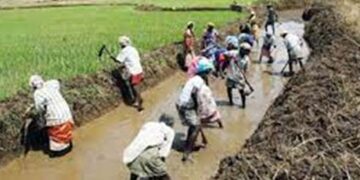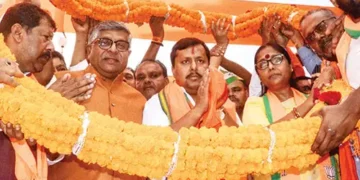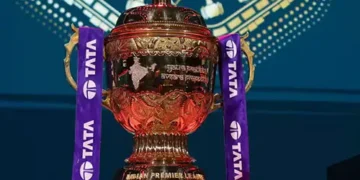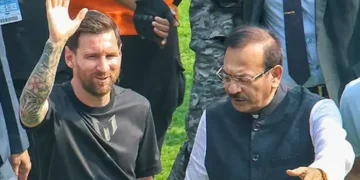IN an era where the line between journalism and propaganda is increasingly blurred, Binay Kumar Singh and Prashant Pandey’s book, BBC’s True Lies, serves as a crucial warning about the potential dangers of biased media reporting.
The book is a comprehensive examination of how one of the world’s most reputable news organisations, the BBC, has allegedly evolved from a reliable source of information into a purveyor of misinformation, particularly concerning its coverage of Asia and Africa.
It begins by contextualising the BBC’s origins during the Second World War, when it was established to counteract German propaganda. However, Singh and Pandey argue that the organisation has since devolved into a “fake news manufacturing plant.” They assert that the BBC’s recent decades of coverage are rife with falsehoods and biased reporting, especially against countries like India.
Liberation of GoaJournalism and ethics
The book, while deeply critical, is an important contribution to the discourse on media ethics and the role of journalism in modern society. It challenges readers to question the reliability of even the most established news sources and to consider the broader implications of biased reporting.
BBC’s True Lies is a stark reminder that the media, often regarded as the Fourth Estate of democracy, is not immune to manipulation and bias. It calls for greater scrutiny and accountability in journalism, urging the public to be vigilant and discerning in their consumption of news.
































